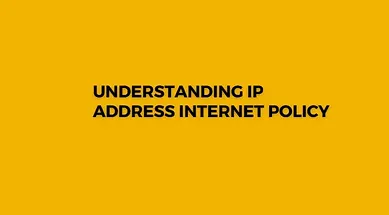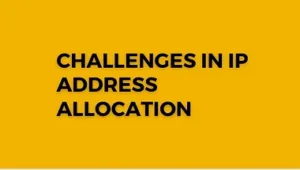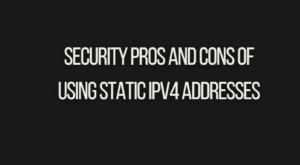The internet is an important part of our life in today’s digital age. The Internet Protocol (IP) address is one of the key factors in managing Internet connectivity. These unique number labels serve as IDs for network-connected devices. However, IP address administration and policies are complex and heavily controlled.
In this post, we’ll delve into the complex world of IP address internet policy, its significance, and how it affects numerous elements of online operations.
What exactly is an IP address?
An IP address is similar to a digital fingerprint for internet-connected devices. It is made up of a unique sequence of integers that allows data to be transmitted seamlessly across networks. IP addresses are classified into two types: IPv4 and IPv6, each with its own set of characteristics and limitations.
Why IP Address Internet Policies are Important
IP address policies control the allocation, distribution, and maintenance of these addresses across the internet. These policies are critical in ensuring equitable and efficient use of available IP address space.
These rules are followed by organizations and internet service providers (ISPs) to manage address assignments and ensure that IP addresses are assigned by recognized guidelines.
IP Address administration
Maintaining an inventory of allocated addresses, tracking their usage, and ensuring compliance with regional and global standards are all part of effective IP address administration. The expiration of IPv4 addresses has resulted in the adoption of IPv6, necessitating meticulous management procedures to ensure a smooth transition.
IP Address Policy in Businesses
Businesses rely on IP addresses for a variety of functions, including hosting websites, administering networks, and facilitating communication. Understanding and adhering to IP address internet policies is critical for enterprises to secure the required addresses and adhere to regulatory guidelines.
Future Developments and Challenges
The rising demand for IP addresses, combined with the transition to IPv6, creates difficulties in controlling and executing appropriate internet policy. Innovations and technological advancements continue to transform the landscape of IP address policies, stressing the importance of ongoing adaptation and compliance.
Conclusion
IP address internet policies are critical to the global internet infrastructure’s operation. Navigating these policies necessitates a thorough awareness of their relevance, the companies involved, and the changing IP address landscape.




